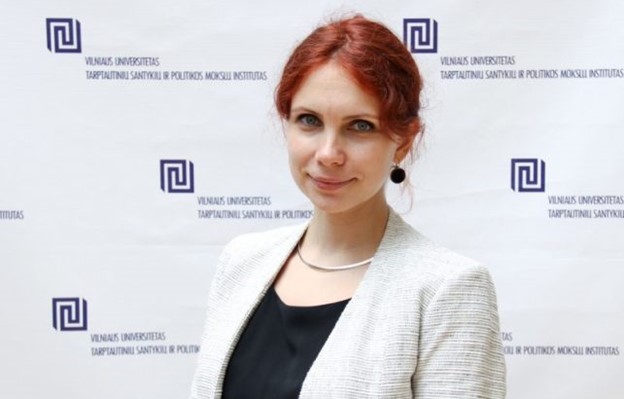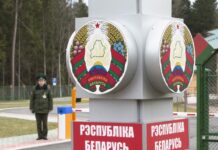
The website bernardinai.lt discusses how the COVID-19 pandemic and the war in Ukraine has presented many challenges to Lithuanians, who have had to revise some of their values and forgo certain comforts, uniting their efforts for the common good and to help their war-torn neighbour. But does this make them good citizens?
In a podcast at the end of March, Vilnius University International Relations and Political Science professor Dr. Ieva Petronytė-Urbonavičienė spoke about Lithuanians and their civic spirit (pilietiškumas). This does not refer to citizenship (pilietybė) or the stamp in someone’s passport, but the to sense of belonging to a particular community. The concept is not a simple one.
Using the republican definition of civic responsibility, which involves dedication to one’s community, solidarity, involvement, social strength and mutual trust, Dr. Urbonavičienė admits that it is growing in Lithuania, especially over the last ten years, but has much room for improvement and increased effort.
Together with academics at Vilnius University, Lithuania’s Civil Society Institute developed a Civil Power Index, based on four principles. The first is civil participation: how active am I? Second is potential civil activity: how ready am I to participate when problems arise? Third is the question of influence – how much do I feel I can change things?
In a democracy, a good citizen is not the one who bows to decisions and waits for others to make things right. Good citizens are those who feel they have the power to make a difference and control their own lives, and have a voice in decisions being made. Finally, they have a feeling of community and understanding of civic activity and its risks – how will I be treated or regarded for my activity? According to the Index, the country’s score for 2022 is 35.9 out of 100.
Civic spirit, said Dr. Urbonavičienė, is never simple, especially because we live in a pluralistic society, where we are all different and have various points of view. She poses several questions: how much do we respect one another? Are we capable of expressing our position respectfully and in turn respect other views? Do we understand that we can contribute in various ways but we are united in our concern for our collective future?
A society becomes fractured because of a lack of respect. Most often, civic activism comes as a result of depleted patience, with a great burden of emotion, engendering opposition. Dr. Urbonavičienė states that any events that touch our identities and our hearts make us fierce, for example, a war in a neighbouring country that endangers our security. It also means that we become especially averse to any opposing opinions, and it becomes much more difficult to communicate and find commonality.
The concept of “if you are not with us, then you are against us” is a dangerous attitude, said Urbonavičienė. This is especially true in the context of ethnic minorities, which are often “written off” simply because they are ethnic minorities and their language is not Lithuanian. Does that make Russians lesser citizens of Lithuania? Certainly not, she states. Last year’s research shows that social distance and mistrust of Russian-speakers has grown. It should be remembered that we are all members of one community.





























